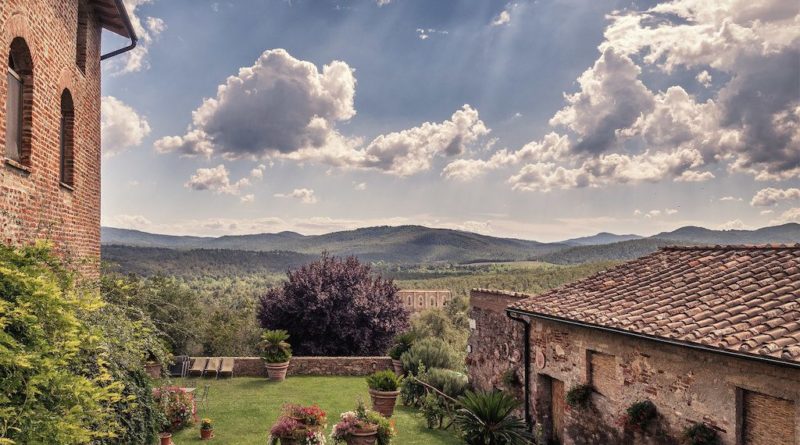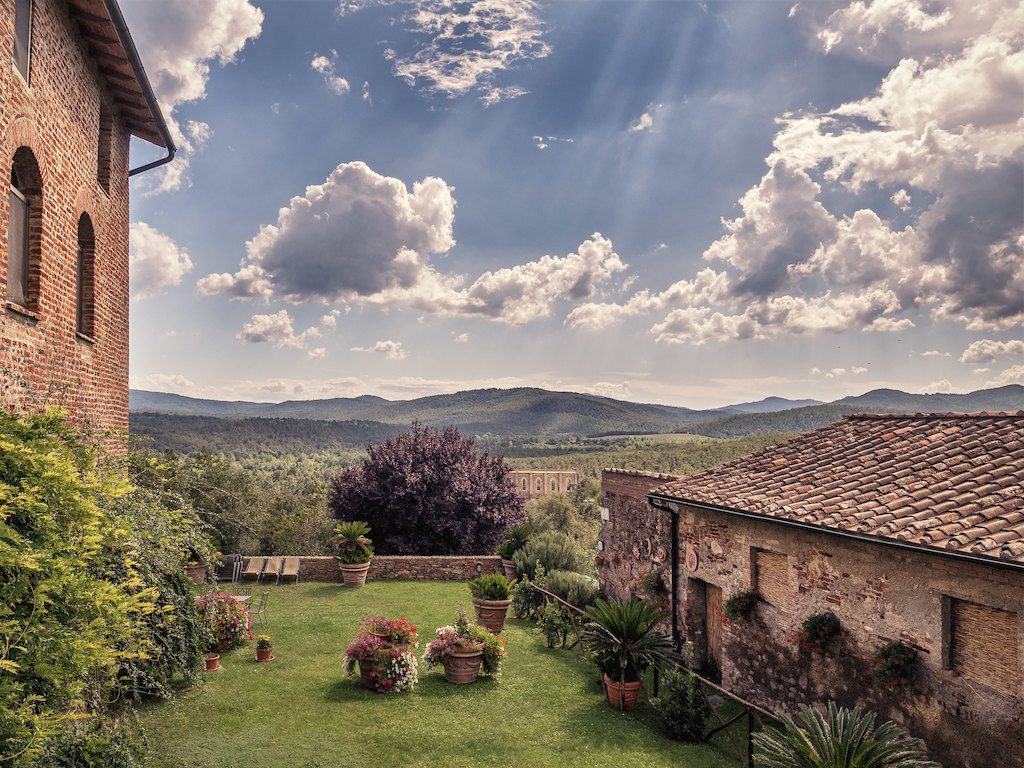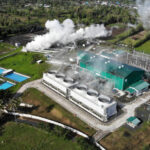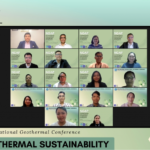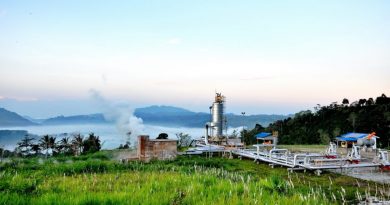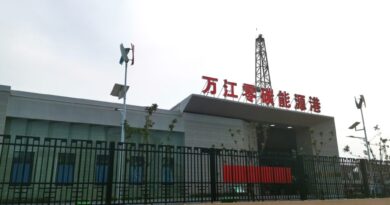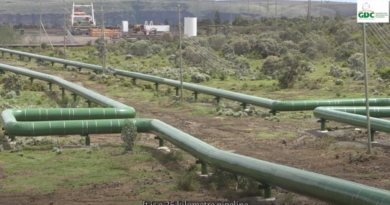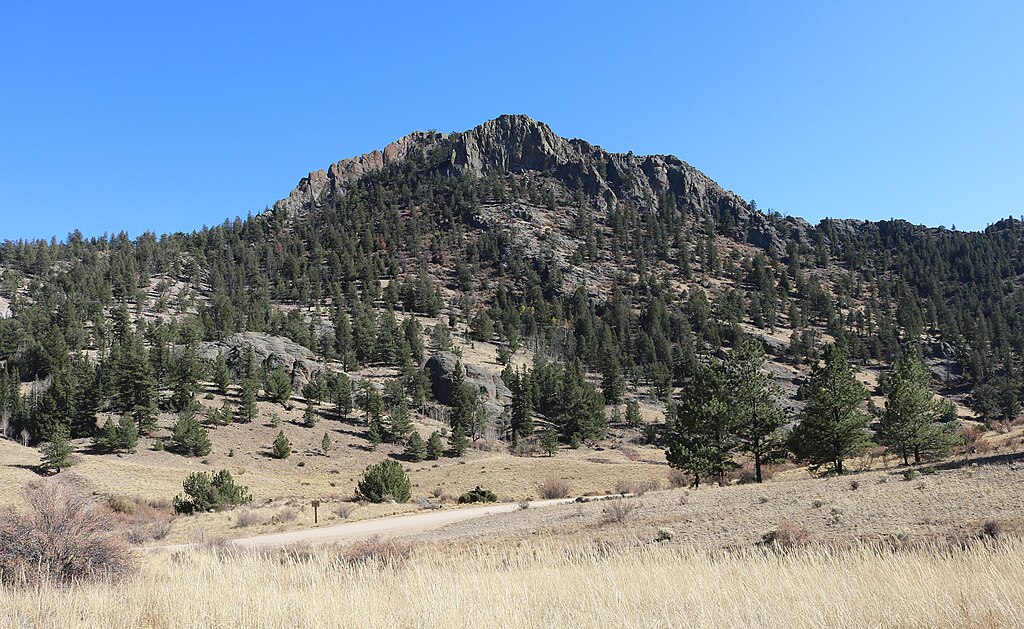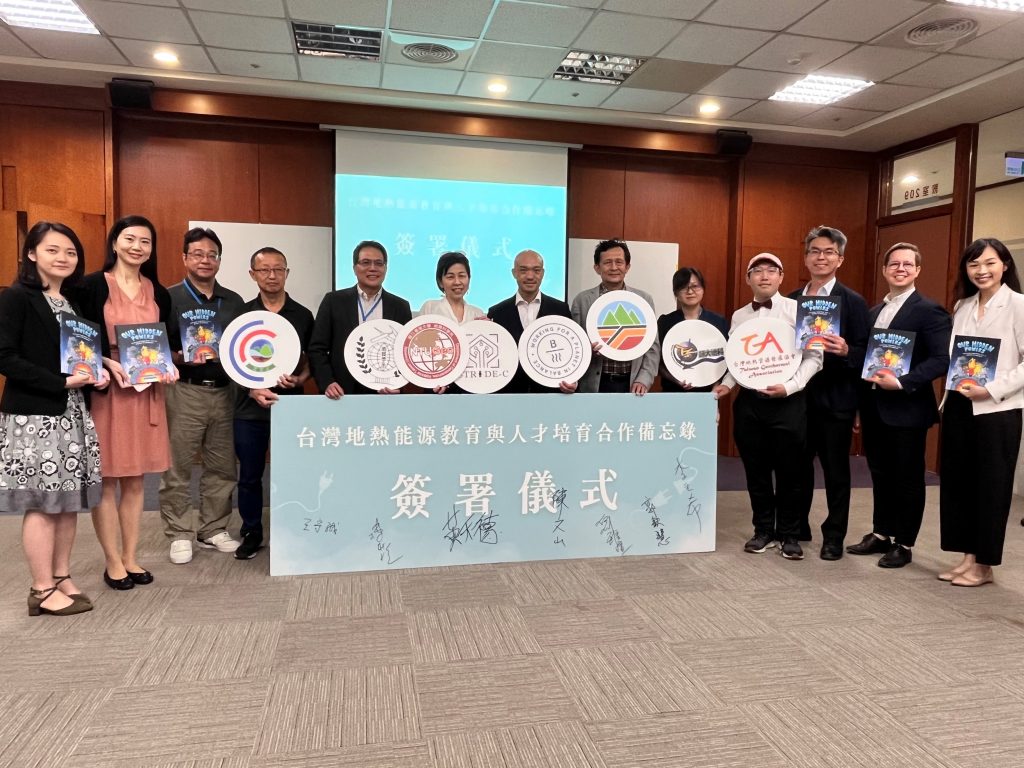Geothermal and food – a great combination for sustainability: the Tuscan case
Energy Disrupter
Geothermal energy and food is a fantastic combination and good for sustainability as the region of Tuscany shows, so this article by Greenreport in Italy.
An article in Italian publication Greenreport shares a great article on “Geothermal energy and food, a combination that is good for sustainability: the Tuscan case”, built on an interview with Luca Guglielmetti.
The food sector currently accounts for about 30% of the world’s total energy consumption and contributes to over 20% of total greenhouse gas emissions: the food we bring to the table every day therefore has a profound impact on the ongoing climate crisis, and to reduce it. the carbon footprint is a key step to help achieve the climate goals set by the Paris Agreement.
From this point of view, geothermal “has still unexplored potential as regards the direct uses of heat in the agro-food sector – explains Luca Guglielmetti, geologist and researcher at the University of Geneva – even if the cases in which geothermal energy is applied in the different phases of the supply chain they cover a rather wide variety of applications, today this renewable source contributes only minimally to the energy transformation of the sector as a whole ».
The dissemination of good practices that have so far been implemented by successfully combining geothermal energy with agri-food production therefore represent particularly important reference points. Among these, the experience of the Renewable Energy Food Community (Ccer) of Tuscany stands out at an international level.
“An example of excellence – explains Guglielmetti – is represented by the Community of renewable energy food which, born in 2009 in Tuscany thanks to an agreement between Slow Food Tuscany, the Slow Food Foundation for Biodiversity and CoSviG (the Consortium for the development of geothermal areas), is the first world community of clean and renewable energy food that operates in the agri-food sector and which insists on production methods as well as on products, and is made up of entrepreneurs who have environmental sustainability as a priority “.
The Ccer brings together Tuscan companies in the food sector that use exclusively renewable energy – geothermal energy and more – for their own production, as well as strictly local raw materials: the products are the most varied, ranging from the basilica to cereals and pizza, up to olive oil. olive, wine and beer.
Even Legambiente – in the 2021 report dedicated to renewable communities – has chosen to reward the Ccer. In particular, among the members of the Community this year Legambiente emphasized Parvus flos , an organic agricultural cooperative that in Radicondoli produces basil and its derivatives (pesto), aromatic and ornamental plants in geothermal greenhouses; Vapori di Birra , the first craft brewery in Italy which, in Sasso Pisano, uses the heat deriving from geothermal steam as a primary source of energy for the brewing process; Serraiola wine, a family-run farm since the end of the 1960s that extends in the Municipality of Monterotondo Marittimo for 40 hectares, favoring viticultural and olive crops as well as photovoltaics, thanks to an electricity supply system.
“Geothermal energy is demonstrating how it can support a transition of the agri-food sector towards greater energy efficiency, sustainability and decentralization in many applications around the world. However – concludes Guglielmetti – decoupling the increase in food production from the use of fossil fuels will require fundamental changes in the food supply chain, both locally and globally. Strong long-term support policies and financial mechanisms are needed to support the spread of energy efficiency and geothermal and more generally renewable energy.”
Source: Greenreport

